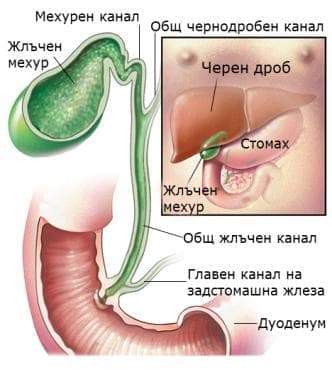Remission After Hydrogen InhalationScientific Research

A Gallbladder Carcinoma Patient With Pseudo-Progressive Remission After Hydrogen Inhalation
A Gallbladder Carcinoma Patient With Pseudo-Progressive Remission After Hydrogen Inhalation
Jibing Chen,1,2 Feng Mu,1 Tianyu Lu,1 Yangyang Ma,1 Duanming Du,3 and Kecheng Xu1,2
Abstract
Background
Hydrogen therapy in patients with advanced colorectal cancer has been reported to convert depleted PD-1+CD8+ T cells into PD-1 CD8+ T cells, which is associated with significantly longer survival.
Case presentation
A 72-year-old patient presented with metastatic gallbladder cancer and received symptomatic treatment combined with hydrogen therapy. Tumors initially expanded and showed increased tumor marker expression following hydrogen inhalation therapy, after which they continued to remission, similar to the pseudoprogression that occurs after anti-PD-1 therapy. During one month of hydrogen therapy, the patient’s gallbladder and liver tumors progressed and developed intestinal obstruction. After symptomatic treatment, the intestinal obstruction was gradually relieved, the abdominal metastases were gradually reduced, the anemia and hypoproteinemia were corrected, and the levels of lymphocytes and tumor markers returned to normal. The patient was able to return to a normal life two and a half months after inhaling hydrogen and survived for more than 10 months.
Conclusion
This is the first time a pseudoprogression has been reported, followed by persistent remission after hydrogen inhalation. This phenomenon is similar to the pseudo-progressive pattern of remission seen after treatment with PD-1 antibodies. These results suggest that hydrogen may have an inhibitory effect on PD-1 expression.
A Gallbladder Carcinoma Patient With Pseudo-Progressive Remission After Hydrogen Inhalation
DOI: 10.2147
Published on: 18/10/2019
A Gallbladder Carcinoma Patient With Pseudo-Progressive Remission After Hydrogen Inhalation
A Gallbladder Carcinoma Patient With Pseudo-Progressive Remission After Hydrogen Inhalation
Jibing Chen,1,2 Feng Mu,1 Tianyu Lu,1 Yangyang Ma,1 Duanming Du,3 and Kecheng Xu1,2
doi: 10.2147/OTT.S227217Abstract
Background
Hydrogen therapy in patients with advanced colorectal cancer has been reported to convert depleted PD-1+CD8+ T cells into PD-1 CD8+ T cells, which is associated with significantly longer survival.
Case presentation
A 72-year-old patient presented with metastatic gallbladder cancer and received symptomatic treatment combined with hydrogen therapy. Tumors initially expanded and showed increased tumor marker expression following hydrogen inhalation therapy, after which they continued to remission, similar to the pseudoprogression that occurs after anti-PD-1 therapy. During one month of hydrogen therapy, the patient’s gallbladder and liver tumors progressed and developed intestinal obstruction. After symptomatic treatment, the intestinal obstruction was gradually relieved, the abdominal metastases were gradually reduced, the anemia and hypoproteinemia were corrected, and the levels of lymphocytes and tumor markers returned to normal. The patient was able to return to a normal life two and a half months after inhaling hydrogen and survived for more than 10 months.
Conclusion
This is the first time a pseudoprogression has been reported, followed by persistent remission after hydrogen inhalation. This phenomenon is similar to the pseudo-progressive pattern of remission seen after treatment with PD-1 antibodies. These results suggest that hydrogen may have an inhibitory effect on PD-1 expression.
Published online 2019 Oct 18.PMID: 31695424A Gallbladder Carcinoma Patient With Pseudo-Progressive Remission After Hydrogen Inhalation



